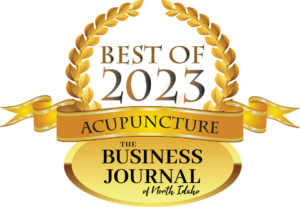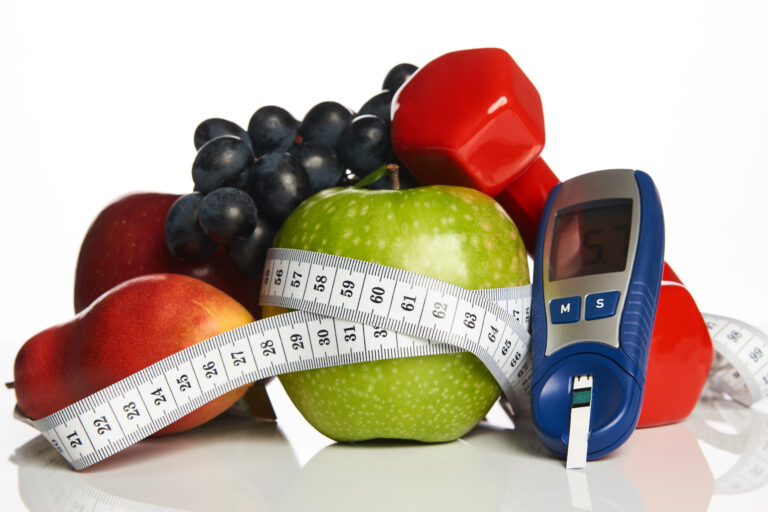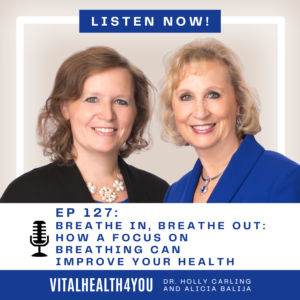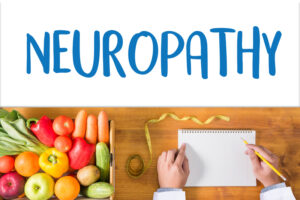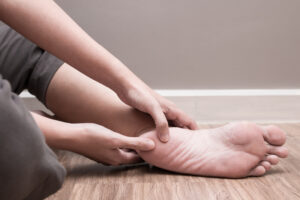Part I
Diabetes and hypoglycemia are at record highs worldwide. Trying to get them in balance can be a real trial. The effects of blood sugar levels being chronically too high or too low are potentially the most damaging thing we can do to our bodies.
Most of us understand the negative effects of sugar. Most know we consume too much. But the draw is just too strong. The problem is …. Sugar just tastes too good! That oral stimulation, the emotional gratification, the desire to consume the stuff overwhelms all the reason we can muster up within us.
Balancing blood sugar is an important key to good health today. Balancing our desire for it is as well. So how bad is it and how can we help get it under control?
Diabetes continues to be a leading cause of death in the world. Complications from diabetes costs us dearly both financially and in suffering. The suffering could be as “simple” as having to control our diet, experiencing some mild tingling or burning sensations, to the other end – heart disease, severe neurological symptoms, blindness, kidney disease, poor wound healing (frequently leading to gangrene and amputation), etc. Elevated blood sugar levels also cause an inflammatory response in the body, measured by CRP.
CRP (C-reactive Protein), is measured in the blood. It is released whenever there is an acute injury, infection or inflammatory stimulus. It is a marker of inflammation in the body. CRP is being used to forecast the likelihood of developing a heart attack or other degenerative diseases. As blood sugar levels rise, insulin rises in response, cortisol levels rise, and so does adrenaline. These are all pro-inflammatory hormones – they all increase inflammation in the body and contribute to cardiovascular disease.
Diabetes is not the simple disease that was originally thought. It was identified thousands of years ago by Chinese physicians, who originally defined many of the symptoms we see today (called “Shao Ke” Syndrome). Chinese practitioners had a simple way of testing for it: they would pour some of the patients’ urine on the ground by a mound of ants. If the ants went after it, the patient was diagnosed with “Shao Ke” Syndrome. It was also described in Egyptian and Indian papers as early as c. 1500 BC as well as in Greek and Roman manuscripts many hundreds of years later. It is just recently that “western medicine” has associated these same symptoms and collectively calls it “diabetes”. It is now differentiated as Type I (previously referred to as “childhood onset” or “juvenile diabetes”) and Type II (“adult onset” or “acquired diabetes”).
While managing blood sugar isn’t always easy, it is possible. Where there is insulin resistance – a term used when chronically high blood sugar eventually causes the body to resist being able to get glucose into the cell (needed for cellular energy) – it can be changed. Balance is key, but when it has progressed to diabetes and/or insulin resistance, more work is needed. Getting help sooner than later can make a profound difference in the time and work required to get it under control. In Part II, we will discuss some things you can do now to start making a difference.
Part II
In Part I of Balancing Blood Sugar we discussed mostly the history and problems with having blood sugar problems such as diabetes and hypoglycemia. Here we will discuss some suggestions to help.
Blood sugar that swings from hyperglycemia (high blood sugar), to hypoglycemia (low blood sugar), over time can result in diabetes. Hypoglycemia almost always precedes diabetes. Not all people with hypoglycemia will become diabetic in their lifetime, but avoiding it will certainly contribute to better health.
Slowing the rate that sugar inters the blood stream is key. If you eat a candy bar, your blood sugar will spike, sending a surge of insulin and cortisol to deal with it. They increase inflammation in your body, suppress immune function, tell the body to store more fat, interfere with healthy sleep cycles and reduce balanced energy in the body. Not what we want. So how do we slow the rate?
Three main nutrients slow the rate sugar enters the blood – protein, fiber and fat. The more of those that are in each meal, the better for balancing blood sugar. Having said that, fat needs to be qualified. Trans fats such as those in partially hydrogenated vegetable oils get into the cell membrane, interfere with the insulin receptors and could develop into insulin resistance. Avoiding Trans Fats and vegetable oils is an important step in helping blood sugar issues. Better fats are butter, coconut oil and olive oil.
Many people are aware that eating sugar causes blood sugar swings, but many don’t realize how caffeine can cause severe sugar swings: Dr. Jeremy E. Kaslow, M.D., Board Certified Internist says: “Caffeine forces the liver to release glycogen into the blood stream. The pancreas responds to the sudden rise in blood sugar by releasing insulin, the hormone which causes excess carbohydrates to be stored as fat. Within the span of an hour or two, the result is a sharp blood sugar drop resulting in a state of hypoglycemia (low blood sugar). That’s when you think it’s time for another cup of coffee and the whole cycle starts up again.” He summarizes Dr. Barry Sears from his book The Zone: “achieving a hormonal balance and blood sugar stability allows you to maintain your natural weight and optimal energy level. He counsels that the breakdown of caffeine causes the pancreas to release too much insulin, thus creating a climate in which excess carbohydrates are stored as fat and are unavailable for use as energy by your brain. Although caffeine is a metabolic stimulant, the ultimate effect is to increase your appetite and contribute to weight gain and thus caffeine should be avoided by anyone working to reduce body fat.”
The body needs several vitamins and nutrients such as Folic Acid, B6, B12, niacin, inositol, chromium (GTF chromium only), magnesium, Vanadium (micro-nutrient), Vitamin E, fat, fiber and protein to keep sugars under control and to heal the ill effects of excess sugar in the diet. Controlling sugar cravings is a difficult task. That warrants an article in of itself. Suffice it to say here, that the better balance in blood sugar, the more energy you will have, and the least likely you will suffer from the worldwide malady: diabetes.
©2015 Holly A. Carling, O.M.D., L.Ac., Ph.D.

